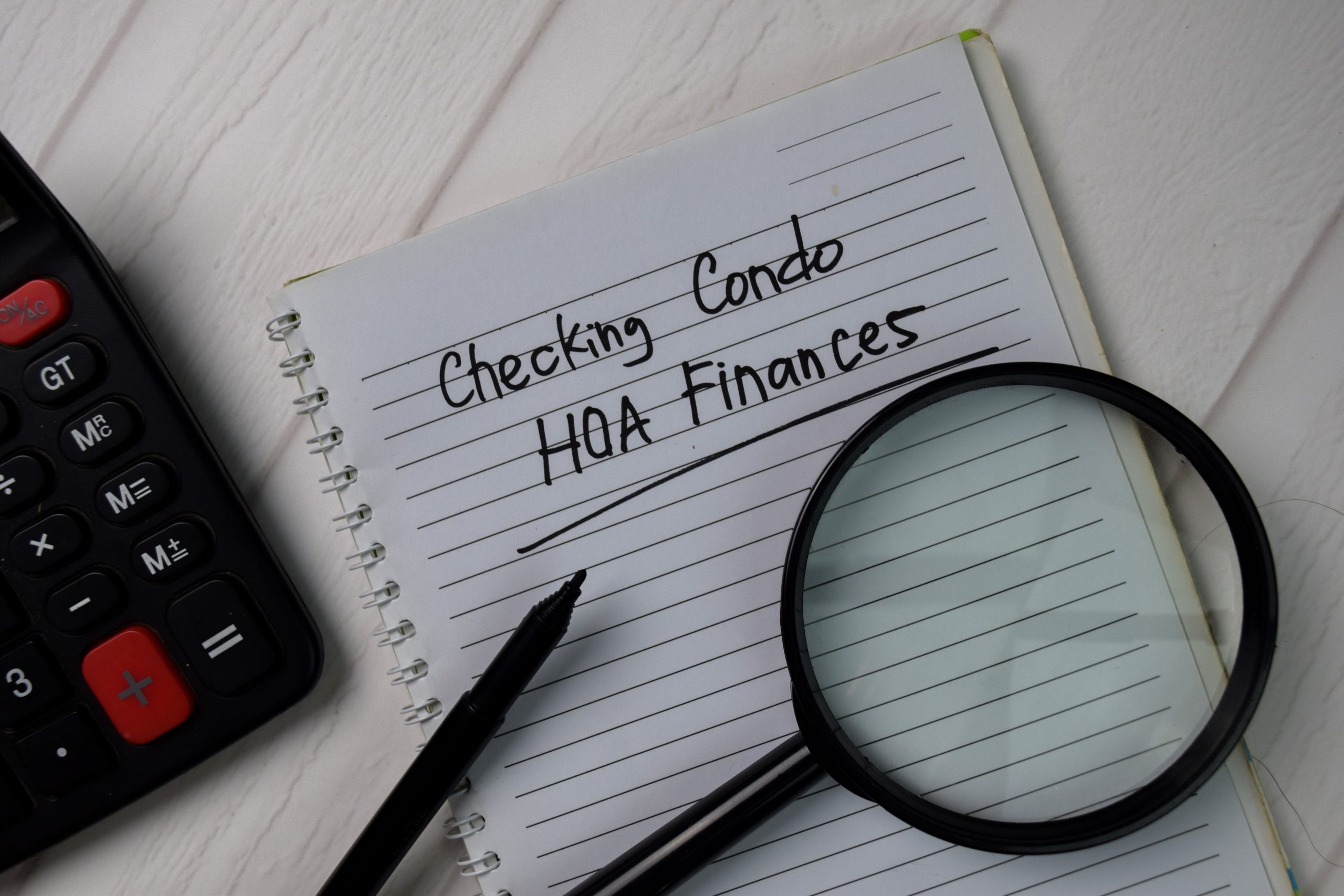AB 2011, along with SB 6 (Cabellero, Eggman and Rubio), were passed by the California Legislature this week with large majorities in both houses. The two bills will create 10-year housing programs with similar aims: increasing housing production and increasing the skill level, wages, and number of residential construction workers. However, the bills differ in important ways—their approach to density, allowances for ministerial approvals, and the degree of deference to local zoning rules. They also take markedly different approaches to growing, training, and better compensating the residential construction workforce. The bills were the product of a political compromise between the State Building & Construction Trades Council and the Carpenters Union. They effectively set up an experiment to test the relative efficacy of the SB 6 labor rules favored by the State Building & Construction Trades Council—basically requiring union labor on any SB 6 project and the rules preferred by the Carpenters Union – requiring payment of prevailing wages and benefits to all workers on an AB 2011 project.
A good deal of attention has been given to improving the regulatory conditions for getting new housing approved, expanding access to sites, and requiring cities to upzone. However, less attention has been paid to the fact that—even if there were shovel-ready projects for the Governor’s declared goal of 3.5 million new homes over ten years—the current residential construction workforce could only build about a third of that number without significant increases in the number and productivity of workers, who currently build housing at a rate of one home per worker per year. By comparison, average productivity per worker was 1.4 units per year from 1990-2005. Put simply, the state cannot meet its housing targets without an increase in the number of workers and productivity.
However, attracting new workers has proven difficult. Median residential construction worker pay in California ranks 46th in the country when adjusted for the high cost of living. On average, residential construction workers income is 2/3 of their commercial counterparts and they get about 1/3 the amount of fringe benefits. Less than half have insurance through employers. This is a dramatic shift since the 1970s and 1980s, when average pay in both sectors was roughly equal.
AB 2011, which we discussed in greater detail last week, provides for time-limited ministerial approvals for properties on commercial corridors that meet certain criteria for affordable housing and overrides local zoning rules that conflict with its minimum standards for density and height. It also mandates payment of prevailing wage to all construction workers, or at least the prevailing apprentice wages for apprentices enrolled in state-approved apprentice programs. Family healthcare benefits are required for projects with qualified construction craft workers on projects with more than 50 units, while those without such workers can credit qualifying expenditures toward the prevailing wage requirements. Essentially, AB 2011 bets that rapid approvals under more liberal standards will entice employers to pay higher wages and create a strong, near-term incentive for developers to invest in apprenticeship programs to elevate worker productivity.
A final version of SB 6 has yet to be published, but takes a less aggressive approach than AB 2011 with lower minimum density requirements, greater deference to local zoning, and no mandatory ministerial approval process unless a project otherwise qualifies under SB 35. Thus, many SB 6 projects would be subject to lengthy CEQA reviews and modified discretionary approvals. It would require lower amounts of affordable housing subsidies by than AB 2011, but would effectively require the use of union labor if two qualified bids are received from union contractors. While SB 6 expands potential building sites, most projects would not realize the cost savings associated with quick ministerial approvals or the elimination of most entitlement/CEQA risk. Without these incentives in place, it may be years before the state sees its first SB 6 project, or additional demand for workers.
AB 2011 passed the Assembly 67-4 with 9 abstentions and the Senate 33-0 with 7 abstentions. While the 4 Noes in the Assembly were from rural and suburban districts leaning more conservative (3 Rs & 1 D), notably 7 of the 9 abstentions were from urban and suburban districts along the coast between Ventura and San Diego with a high number of Democratic representatives (6 Ds & 3 Rs). Conversely, SB 6 passed the Assembly 67-0 with 13 abstentions and the Senate 34-0 with 6 abstentions. Of the 4 Noes for AB 2011, 3 abstained in SB 6 and 1 voted yes (a democrat representative from District 29, encompassing Santa Cruz and the surrounding area). The Assembly abstentions followed a similar pattern as AB 2011, with those abstaining coming from both parties and primarily representing rural districts or coastal urban and suburban districts in Southern California. For both AB 2011 and SB 6, the Senate abstentions followed a similar geographic pattern as in the Assembly.
While union support was split between the two bills, with both construction and other unions on either side, pro-housing and business organizations tended to support both. Most affordable housing developers supported AB 2011 and opposed SB 6, presumably because the latter would tend to increase cost and time for approval without offsetting benefits. San Francisco’s Council of Community Housing Organizations, which frequently opposes market-rate development, was a notable outlier, supporting SB 6 and opposing AB 2011 in spite of its clear benefits to affordable housing developers.
Both bills still need to be signed by the governor and will not take effect until July 2023. Annual reports of projects approved under both bills are required from cities and the Department of Housing & Community Development is to provide two reports on the use of each during the ten year period prior to their sunset date.
Authored by Reuben, Junius & Rose, LLP Attorneys Daniel Frattin and Daniel J. Turner.
The issues discussed in this update are not intended to be legal advice and no attorney-client relationship is established with the recipient. Readers should consult with legal counsel before relying on any of the information contained herein. Reuben, Junius & Rose, LLP is a full service real estate law firm. We specialize in land use, development and entitlement law. We also provide a wide range of transactional services, including leasing, acquisitions and sales, formation of limited liability companies and other entities, lending/workout assistance, subdivision and condominium work.






